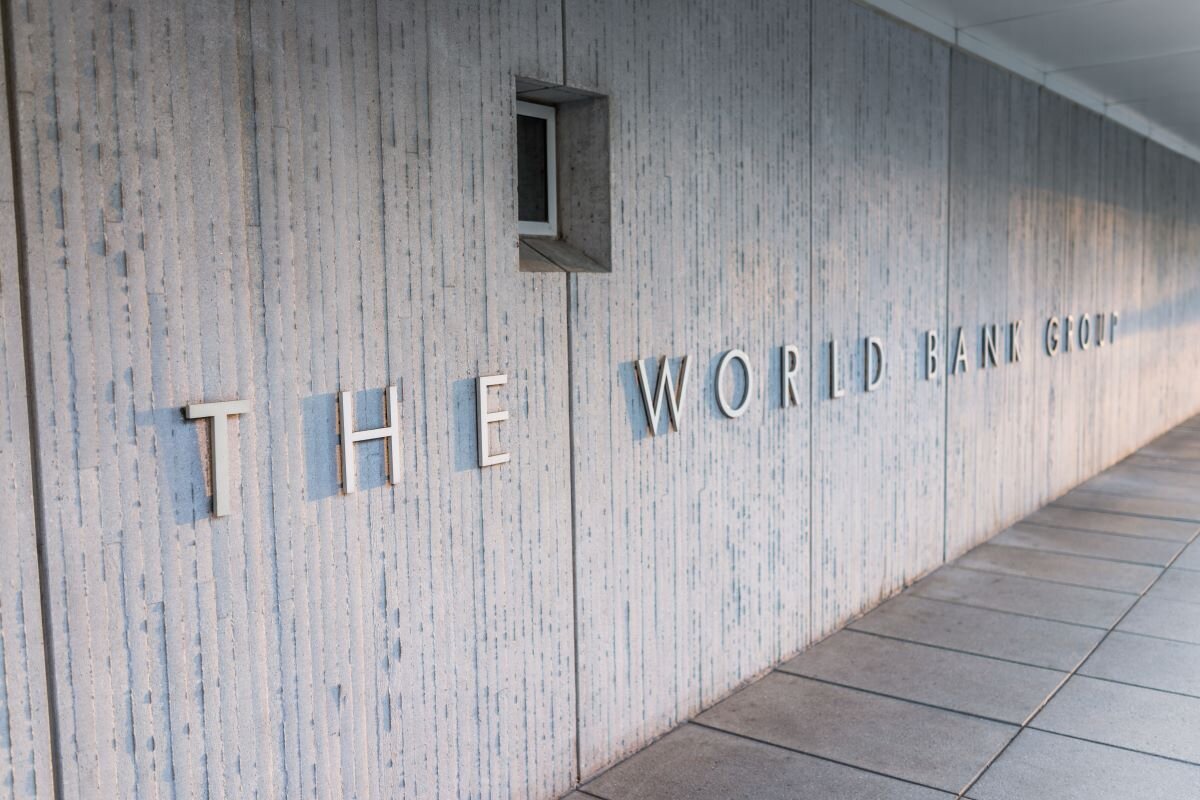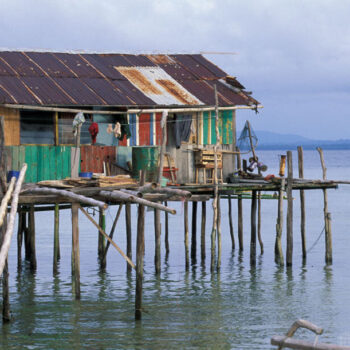The announcement by David Malpass that he intends to step down as President of the World Bank had created an opportunity for the shareholders to drive an ambitious – indeed transformational – programme of reforms.
As the world continues to face complex global challenges such as climate change, global health and economic inequality, it is clear that the next President of the World Bank must have a strong commitment to multilateralism and solving global challenges such as pandemic risks and climate.
The role of the World Bank is crucial in the global fight against these challenges, and the next President must be able to deliver on several key fronts to meet these challenges head-on.
The eight key things we need to see in the next President of the World Bank include:
- Commitment to delivering a high-ambition, transformational ‘Evolution Roadmap’ for the Bank. This Roadmap should enable the Bank to dramatically increase funding for ‘Global Public Goods’ (GPGs) such as combatting climate change, addressing global public health and pandemic preparedness challenges, and sustainable food systems to fight malnutrition. This commitment should be underpinned by a clear, actionable timeline with the aim of tripling climate finance by 2025. By doing so, the World Bank can position itself as a leader in the global fight for climate-resilient development.
- Willingness to implement the G20 Independent Expert Group’s recommendations on reform of the Bank’s Capital Adequacy Framework. Unlocking potentially hundreds of billions of dollars for development and climate finance by the end of this year can help support the Bank’s commitments to increasing funding for development and GPGs.
- Clear understanding of the need for international public finance to address the large and growing North-South trust deficit on climate and development finance. After years of developed countries failing to meet their target of $100bn per year of climate finance, meaningful action must be taken to overcome this trust deficit. This will require a higher quantity and quality of public finance to deliver the Sustainable Development Goals and to ensure sufficient finance is allocated to address climate impacts, adapt to climate change and finance the energy transition.
- Proven ability to deliver sustainable reform at a major institution, and a commitment for the Bank to recover its role as the lead innovator in financial markets and instruments for development. Across the IFC, IBRD and IDA, sustainable reform is crucial to ensure that the Bank can maximise the use of its balance sheet potential, and to address and rectify the Bank’s failure to create new partnerships between governments, development banks, and the private sector. This is a huge internal change management process that must not be underestimated, and will need the trust and buy-in of the World Bank’s 16,000-strong staff.
- Clear recognition that all developing countries need support to finance their low-carbon, resilient development plans, as well as support coordinating policy reforms. The Bank should lead in ensuring that Country Climate and Development Reports (CCDRs) are developed in partnership with governments and other MDBs, with the aim of empowering governments and crowding in private capital.
- Leadership to enable all key stakeholders in debt markets to deliver lasting change and create instruments which finance long-term growth and prosperity. This will range from disaster risk clauses to address liquidity crises, to a fundamentally revised Common Framework and performance-based KPI-linked lending which lowers the overall cost of capital.
- Willingness to engage meaningfully with stakeholders at all levels, from governments to development banks to civil society and the private sector, to strengthen the Bank’s focus on combating climate change, supporting sustainable development, and addressing the needs of the most vulnerable populations.
- Credibility, political and diplomatic skills to strengthen coalitions with low-income, middle-income, and high-income countries, and to build trust and foster innovation in the pursuit of sustainable development.
The next President of the World Bank must be a leader with the vision and ability to deliver meaningful change in the global development landscape. By doing so, they can help to create a more equitable and sustainable world, one that works for all people and for the planet we call home.


